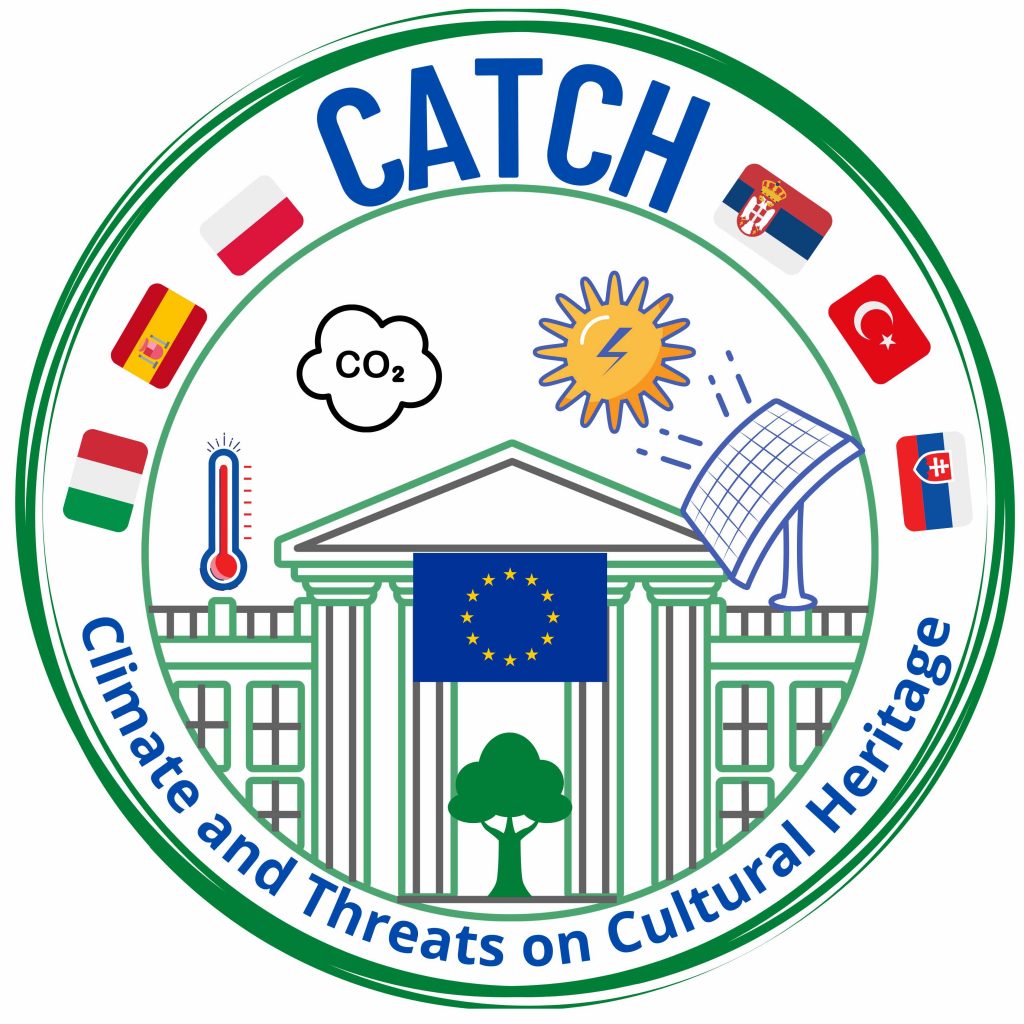Spain
Spain, or the Kingdom of Spain, is a country located in southwestern Europe. Its territory also includes the Canary Islands in the Atlantic Ocean, the Balearic Islands in the Mediterranean Sea, and the autonomous cities of Ceuta and Melilla in Africa. With an area of 505,990 km2, Spain is the second-largest country in the European Union (EU) and, with a population exceeding 47.4 million, the fourth-most populous EU member state. Spain’s capital and largest city is Madrid.
First modern humans arrived in the Iberian Peninsula around 42,000 years ago. Pre-Roman peoples dwelled in the territory, in addition to the development of coastal trading colonies by Phoenicians and Ancient Greeks and the brief Carthaginian rule over the Mediterranean coastline. The Roman conquest and colonisation of the peninsula (Hispania) ensued, bringing a Roman acculturation of the population. Hispania remained under Roman rule until the collapse of the Western Roman Empire in the fourth century.
Eventually, the Visigoths emerged as the dominant power in the peninsula by the fifth century. In the early eighth century, most of the peninsula was conquered by the Muslims and during early Islamic rule, Al-Andalus became the dominant peninsular power, centred in Córdoba.
Several Christian kingdoms emerged in Northern Iberia and over the next seven centuries, an intermittent southward expansion of these kingdoms, known as Reconquista, culminated with the Christian seizure of the Emirate of Granada in 1492.
Centralisation of the administration and further state-building in mainland Spain ensued in the 18th and 19th centuries, during which the Crown saw the loss of the bulk of its American colonies a few years after the Peninsular War.
The country veered between different political regimes; monarchy and republic, and following a 1936–39 devastating civil war, the dictatorship lasted until 1975. With the restoration of democracy under the Constitution of Spain and the entry into the European Union in 1986, the country experienced profound social and political change as well as an important economic growth.
Spanish art, music, literature and cuisine have been influential worldwide. As a reflection of its large cultural wealth, Spain has the world’s fourth-largest number of World Heritage Sites (49) and is the world’s second-most visited country. Its cultural influence extends over 570 million Hispanophones, making Spanish the world’s second-most spoken native language.
Spain is a developed country, a secular parliamentary democracy and a constitutional monarchy, with King Felipe VI as head of state.

